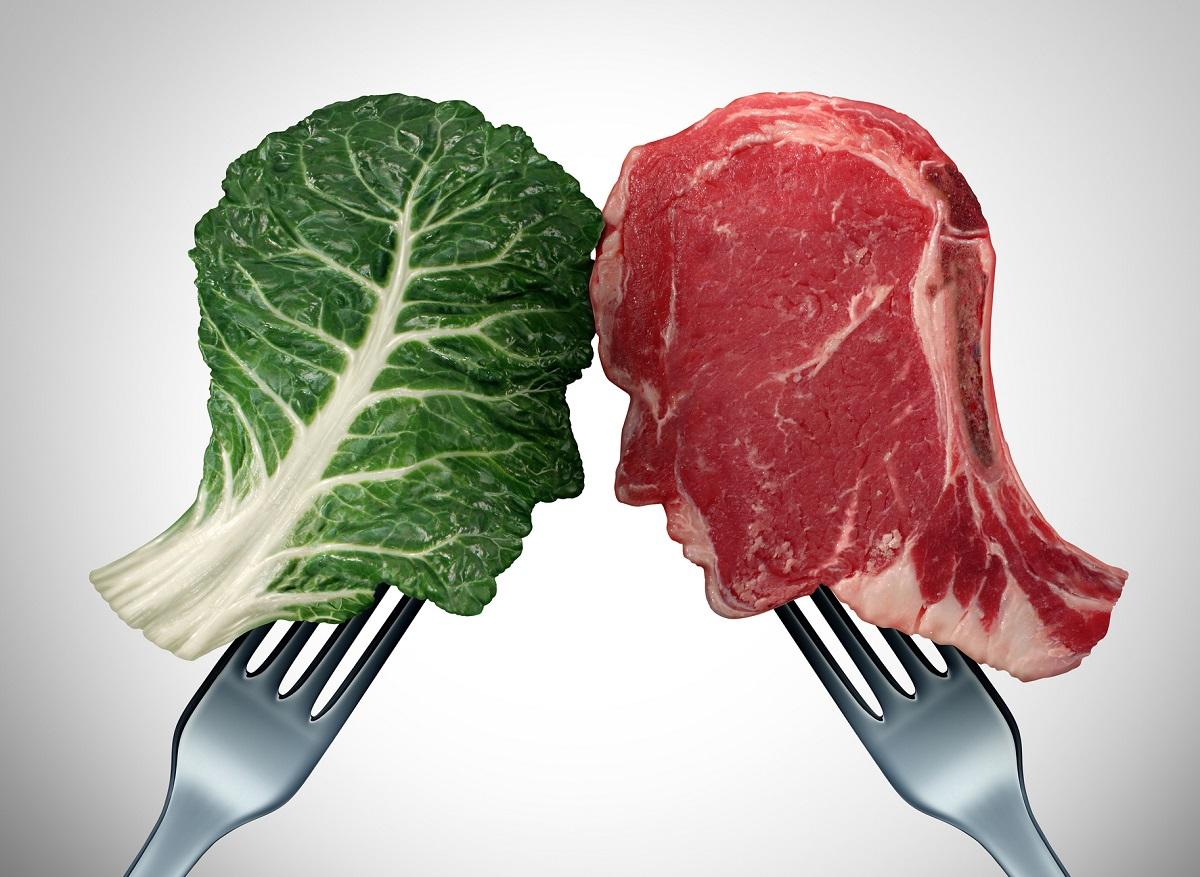A case of bovine spongiform encephalopathy has been reported in Ireland. The alert threshold for this disease had just been lowered in several European countries.
-1435335940.jpg)
A few weeks ago, several European countries such as France, the Czech Republic and Ireland lowered their alert level linked to bovine spongiform encephalopathy (BSE) or mad cow disease. But maybe it will have to be reassembled quickly. Indeed, for the first time in more than two years now, a positive case has been confirmed in a bovine by the Irish health authorities. Sixty-seven animals from the same farm had to be euthanized to avoid any risk of contagion.
“The results of the final tests confirm that the recent suspected case of BSE is an isolated case of classic BSE in a single animal,” Simon Coveney, Minister of Agriculture, told AFP. The animal was found dead in a farm in the northeast of the country. A nasty blow for the country with clover, one of the main exporters of beef across the planet, and whose production had already been severely affected during the famous mad cow crisis at the end of the 1990s. In 2014, more than 524,000 tonnes of Irish beef were sold around the world.
204 mad cow deaths
BSE is not only bad for animals, it is also the cause of disease in humans. To date, mad cow disease is directly responsible for 204 deaths around the world. She is mainly suspected of transmitting Creutzfeld-Jakob disease, a degenerative pathology of the nervous system which can cause balance disorders and lead to dementia and death.
In 2014, the court handed down its judgment in the mad cow case. After an investigation of nearly 20 years, the Paris prosecutor’s office had requested a general dismissal. Launched in 1997, the French survey focused on the importation of British cattle and animal meal, and their consequences on the spread of BSE. Four people, managers of a feed manufacturing plant, had been indicted in the case, some for deception or falsification. One of the four has since died. To justify this decision, the judges explained that on the one hand it had not been demonstrated that the products sold by these factories contained animal proteins. On the other hand, that no desire to circumvent the legislation could not be characterized among the people under investigation.
.















